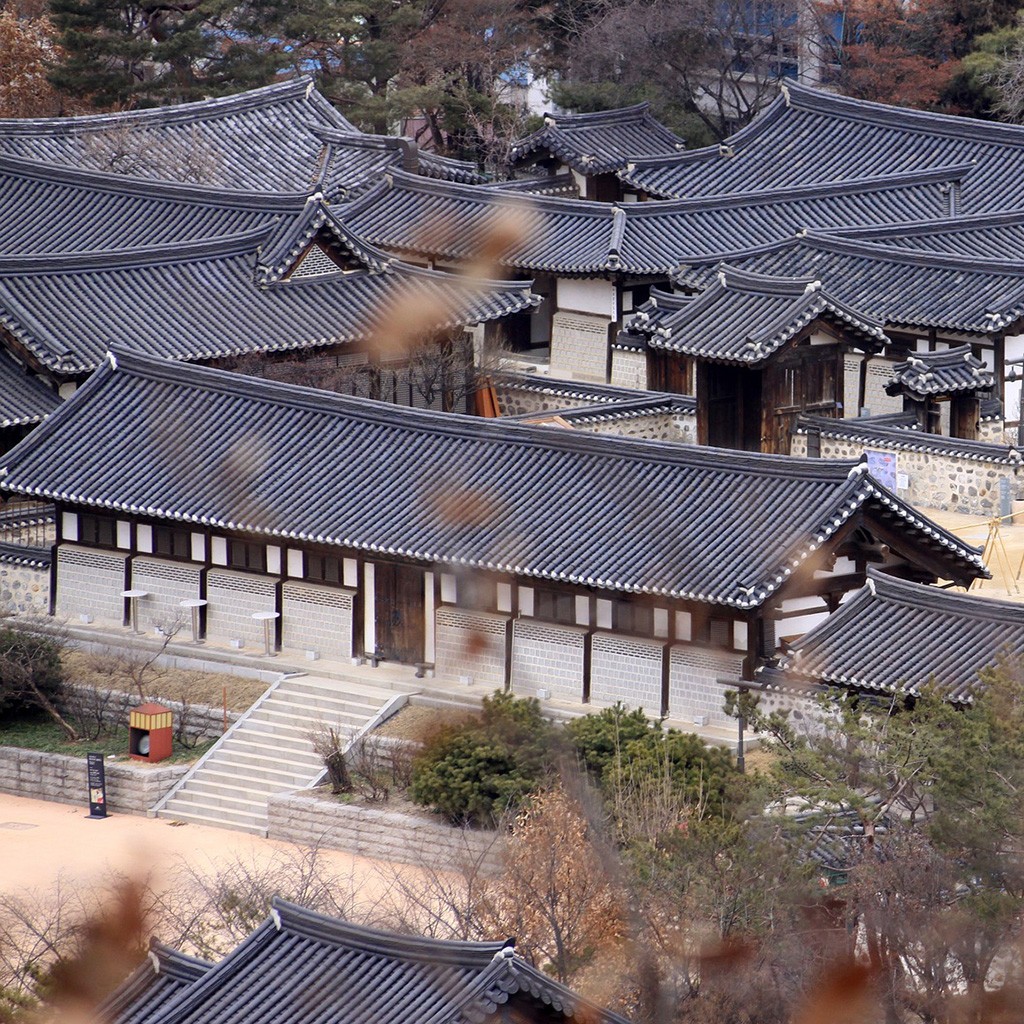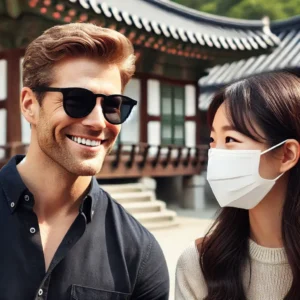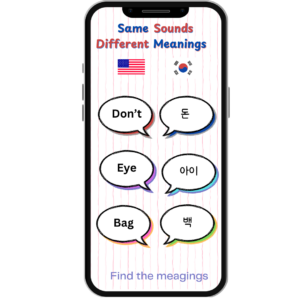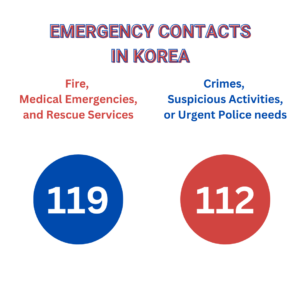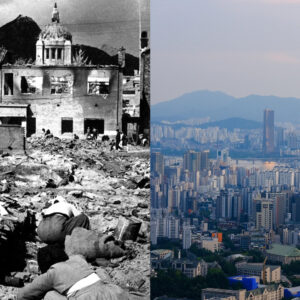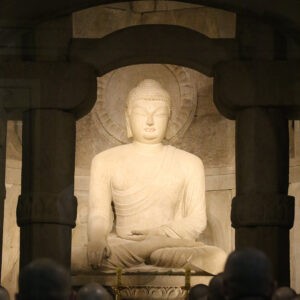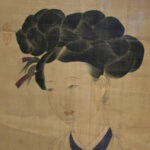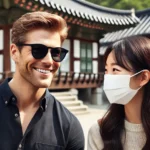Korea, a land of striking contrasts, where ancient traditions meet cutting-edge innovation, offers an experience unlike any other. From bustling urban landscapes to serene mountains, its vibrant culture reflects the harmonious coexistence of old and new. For newcomers, immersing in this society can be both exciting and overwhelming. This guide sheds light on key aspects of Korean culture and society, helping you navigate this dynamic country with ease and respect.
Understanding Korean Culture and Society
Korean culture is deeply rooted in its history, shaped by Confucian principles, and influenced by rapid modernization. It embraces values like respect, community, and resilience, all while leading the way in global technological advancements. Whether you’re here for business, education, or leisure, gaining insights into these nuances can enhance your experience.
Social Norms and Everyday Etiquette
Koreans value harmony and respect, and this is evident in their daily interactions. Here are some essential social norms to remember:
- Personal Space: Crowded cities mean limited personal space, especially on public transportation.
- Bowing: A slight bow is a common way to greet and show respect.
- Shoes Off: Always remove your shoes before entering homes or traditional establishments.
- Gift-Giving: Thoughtful gifts, such as fruit or household items, are common for visits and special occasions.
- Quiet in Public: Silence is appreciated in shared spaces like buses and subways.
By practicing these courtesies, you’ll find it easier to connect with locals and gain their trust.
Dining Culture and Etiquette
Food is at the heart of Korean life, and sharing meals is a key part of building relationships.
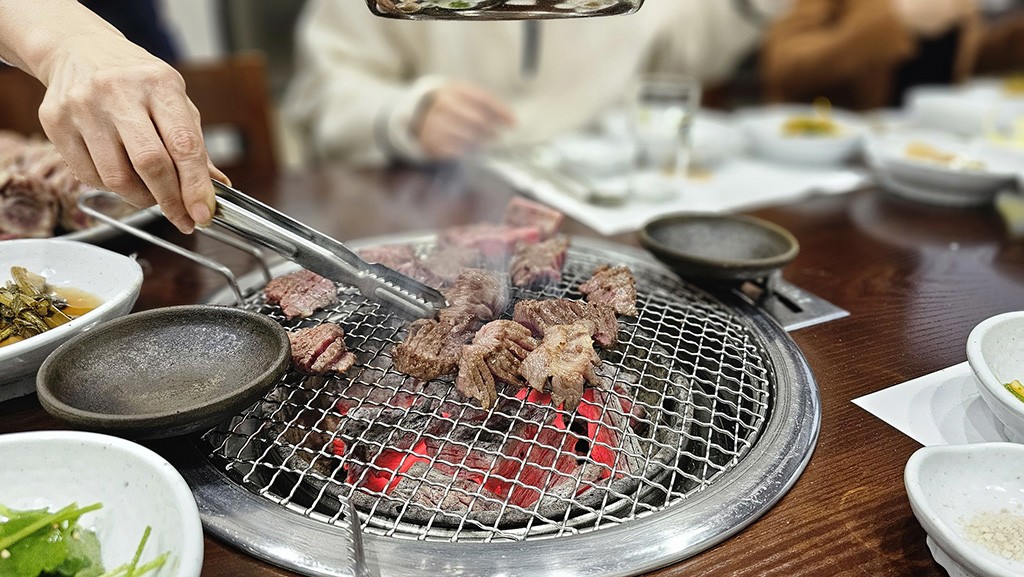
- Side Dishes Are Shared: Communal side dishes (banchan) are central to every meal.
- Wait for the Eldest: Out of respect, let the eldest at the table start eating first.
- Bold Flavors: Staples like kimchi and gochujang (fermented chili paste) might challenge your palate but are worth embracing.
When dining out, don’t be surprised if meals feel communal—Korean food celebrates togetherness.
Respect for Hierarchy and Age
Hierarchy and age are significant in Korean interactions, reflecting Confucian values.
- Age Matters: Knowing someone’s age determines how you address them.
- Titles Over Names: Use titles like “선배” (senior) and “어르신” (elder) for politeness.
- Both Hands Rule: When receiving or giving items, use both hands as a sign of respect.
This structure fosters mutual respect, strengthening relationships in both personal and professional spheres.
Work Culture: Teamwork and Dedication
Korea’s work environment emphasizes commitment and collective success.
- Long hours: Staying late at work shows dedication, though this is slowly changing.
- Hard Work Ethic: Korea is known for its hardworking culture, both in workplaces and schools.
- “Ppalli-Ppalli” (빨리빨리): This “hurry-hurry” mindset reflects the fast-paced way of life in Korea, from service to public transportation.
- Hoesik (회식): Company dinners are common and seen as an opportunity to bond with colleagues.
Understanding these nuances can help you adjust better to Korean workplaces.
“Nunchi” (눈치): The Art of Reading the Room
“Nunchi,” or the ability to pick up on unspoken social cues, is a vital skill in Korea.
- Non-verbal communication: Koreans often communicate indirectly, so observing body language and tone is key.
- Understanding context: Actions and subtle cues can carry more weight than words.
Mastering nunchi can help you navigate complex social dynamics with grace.
Technology and Modern Life
Korea is one of the most tech-savvy countries in the world.
- Cashless society: Mobile payment apps like KakaoPay are widely used.
- Convenience stores: Open 24/7, these stores offer everything from food to toiletries.
These modern conveniences make adapting to life in Korea remarkably smooth.
Festivals and Traditions
Korea’s rich cultural heritage shines through its festivals and traditions.
- Chuseok (추석:Korean Thanksgiving): Families gather to honor ancestors and share traditional foods.
- Seollal (설날:Lunar New Year): Celebrated with rituals, hanbok (traditional clothing), and tteokguk (rice cake soup).
- Regional Festivals: From cherry blossoms in spring to lantern festivals, there’s always something to experience.
Engaging in these festivities deepens your appreciation of Korean culture.
Education and Academic Excellence
Education is a cornerstone of Korean society.
- Rigorous academics: Students often attend private academies (hagwons) after school.
- Competitive exams: Success in education is highly valued and pursued with dedication.
Health and Wellness
Korea offers excellent healthcare and unique wellness practices.
- Affordable healthcare: The National Health Insurance system provides high-quality, cost-effective medical care.
- Relaxation traditions: Visit jjimjilbang (Korean spas) or try herbal teas to unwind.
Nature and Outdoor Activities
Despite urbanization, Korea’s natural beauty is cherished.
- Hiking culture: Mountains are a favorite retreat for Koreans, offering stunning trails.
- Seasonal festivals: Events like cherry blossom festivals celebrate Korea’s changing seasons.
Group-Oriented Society
In Korea, the group often takes precedence over the individual.
- Social harmony: Avoid standing out or causing conflict in group settings.
- Building connections: Relationships, or “인맥” (inmaek), can significantly influence opportunities.
Final Tips for Newcomers
- Be Open-Minded: Embrace cultural differences and learn from them.
- Learn the Basics: A little effort in learning the language and customs goes a long way.
- Observe and Adapt: Pay attention to how locals behave and try to follow their lead.
Conclusion
Korea’s blend of tradition, innovation, and vibrant community life makes it a captivating destination for newcomers. By understanding its cultural nuances, respecting its norms, and engaging with its traditions, you can enrich your journey and build meaningful connections. Welcome to Korea—a land of endless discovery and warmth.

